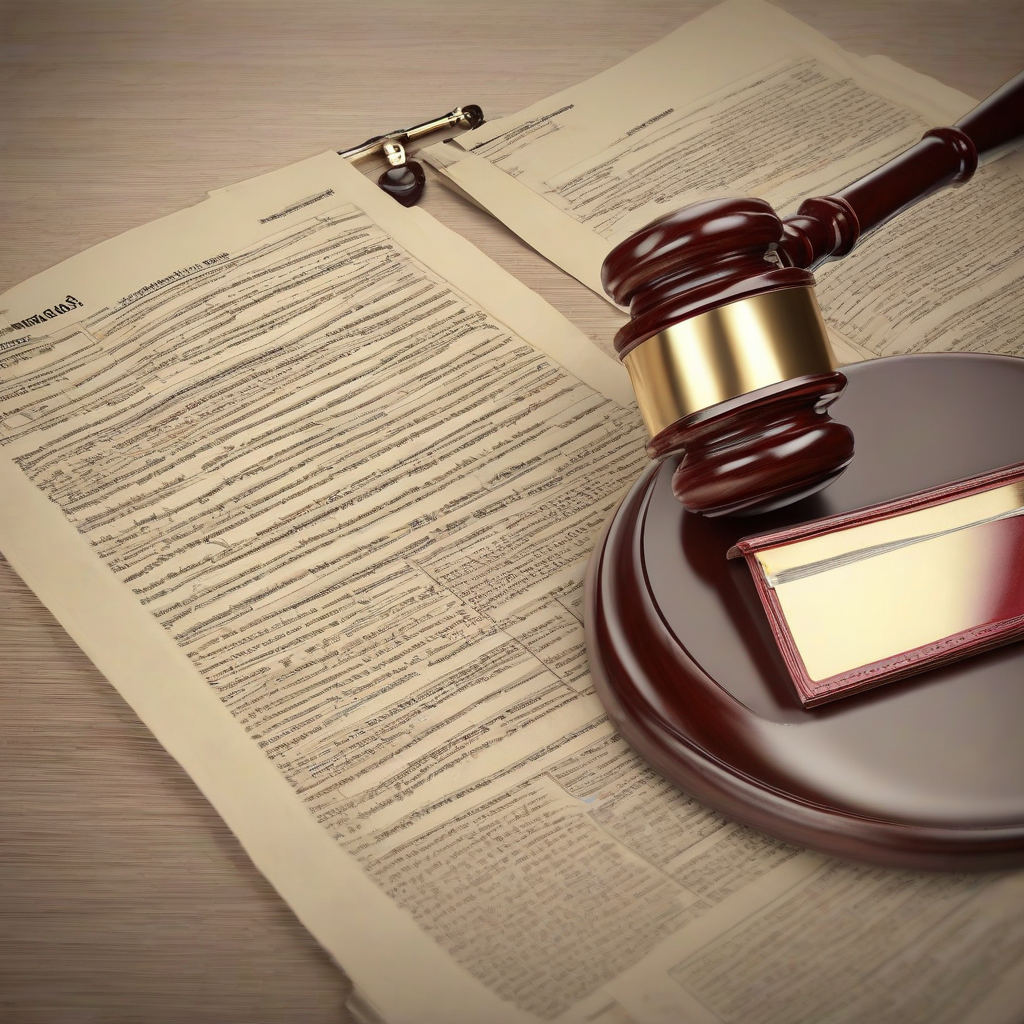Navigating the Complexities of Personal Injury: Your Guide to Finding the Right Attorney
Suffering a personal injury can be a devastating experience, impacting your physical health, emotional well-being, and financial stability. The aftermath often involves medical bills, lost wages, pain and suffering, and the daunting task of navigating the legal system. This is where a skilled personal injury lawyer becomes invaluable. This comprehensive guide explores the intricacies of personal injury law and provides essential insights into finding the right attorney to advocate for your rights and secure the compensation you deserve.
Understanding Personal Injury Law
Personal injury law encompasses a broad range of legal claims arising from injuries caused by another person’s negligence or intentional wrongdoing. Common types of personal injury cases include:
- Car accidents: Collisions resulting in injuries due to another driver’s negligence (e.g., drunk driving, distracted driving).
- Motorcycle accidents: Similar to car accidents, but often involving more severe injuries due to the vulnerability of motorcycle riders.
- Truck accidents: Involving large commercial vehicles, these accidents can be particularly complex due to the involvement of multiple parties (e.g., trucking company, driver, manufacturer).
- Slip and fall accidents: Injuries sustained on someone else’s property due to hazardous conditions (e.g., wet floors, uneven pavement).
- Medical malpractice: Negligence by a healthcare professional resulting in patient injury or death.
- Product liability: Injuries caused by defective products.
- Premises liability: Injuries sustained on someone’s property due to a dangerous condition.
- Dog bites: Injuries caused by dog attacks.
- Wrongful death: Death caused by the negligence or wrongful act of another person.
Each type of personal injury case presents unique challenges and legal complexities. A knowledgeable attorney understands the specific nuances of each area and can effectively build a strong case.
The Role of a Personal Injury Attorney
A personal injury attorney acts as your advocate, guiding you through the legal process and protecting your interests. Their key responsibilities include:
- Investigating the accident: Gathering evidence, such as police reports, witness statements, medical records, and photos.
- Determining liability: Identifying the responsible party and proving their negligence.
- Negotiating with insurance companies: Attempting to reach a fair settlement outside of court.
- Filing a lawsuit: If a settlement cannot be reached, initiating legal proceedings.
- Representing you in court: Presenting your case before a judge and jury.
- Managing all aspects of your case: Handling paperwork, communicating with opposing counsel, and ensuring all deadlines are met.
Beyond these core functions, a good personal injury lawyer provides emotional support and guidance during a stressful and often traumatic period. They are your trusted advisor, providing clear explanations of legal concepts and procedures.
Finding the Right Personal Injury Attorney
Choosing the right attorney is crucial to the success of your case. Consider the following factors:
- Experience: Look for an attorney with a proven track record of success in handling similar cases.
- Specialization: Some lawyers specialize in specific areas of personal injury law (e.g., car accidents, medical malpractice). Choosing a specialist can be beneficial.
- Reputation: Research the attorney’s reputation by checking online reviews, contacting the bar association, and speaking with past clients.
- Communication: A good attorney will communicate effectively, keeping you informed about the progress of your case.
- Fees: Most personal injury attorneys work on a contingency fee basis, meaning they only get paid if you win your case. Understand the fee structure before hiring an attorney.
- Personal connection: Choose an attorney with whom you feel comfortable and confident.
The Legal Process: What to Expect
The process of a personal injury lawsuit can be lengthy and complex. Key stages typically include:
- Initial consultation: Discussing your case with the attorney and assessing the merits of your claim.
- Investigation and evidence gathering: The attorney collects evidence to support your claim.
- Demand letter: A formal letter sent to the insurance company outlining your claim and demanding compensation.
- Negotiation and settlement: Attempts to reach a settlement out of court.
- Filing a lawsuit: If a settlement cannot be reached, a lawsuit is filed.
- Discovery: Both sides exchange information and evidence.
- Trial: If the case cannot be settled, it proceeds to trial.
- Judgment and appeal: The court renders a decision, which can be appealed.
Common Mistakes to Avoid
Making the wrong choices can significantly impact the outcome of your personal injury claim. Avoid these common pitfalls:
- Delaying legal action: Statutes of limitations exist for filing personal injury claims. Act promptly.
- Speaking to the insurance company without legal representation: Anything you say can be used against you.
- Failing to document injuries and expenses: Keep detailed records of all medical bills, lost wages, and other expenses.
- Not following your doctor’s recommendations: This can weaken your claim.
- Accepting a low settlement offer without consulting an attorney: Insurance companies often make low initial offers.
The Importance of Documentation
Meticulous documentation is crucial in a personal injury case. Keep detailed records of:
- Medical records: Include all doctor’s visits, tests, treatments, and diagnoses.
- Police reports: Obtain a copy of the police report from the accident scene.
- Witness statements: Gather contact information and statements from anyone who witnessed the accident.
- Photographs and videos: Document the accident scene, your injuries, and any damaged property.
- Lost wages documentation: Maintain records of your income and any lost wages due to the injury.
- Bills and receipts: Keep track of all expenses related to the injury, including medical bills, transportation costs, and other expenses.
Questions to Ask Potential Attorneys
Before hiring a personal injury lawyer, ask these important questions:
- What is your experience handling cases similar to mine?
- What is your fee structure?
- What is your success rate?
- How will you keep me updated on the progress of my case?
- What is your communication style?
- Can you provide references from past clients?
- What is your approach to settlement negotiations?
- What is your strategy for trial if a settlement cannot be reached?
Conclusion (Note: Instructions specify no conclusion should be included.)



